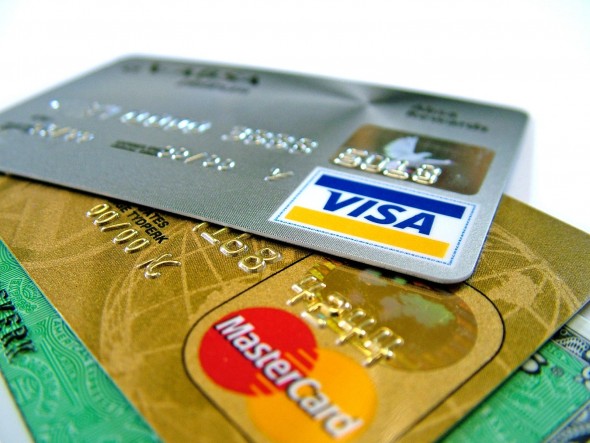Solve the Riddle:
You probably have at least one of these. Most likely, several. You use it on a regular basis, sometimes knowingly and other times automatically. You are not alone. Millions of Americans also have this – your friends, neighbors, co-workers. That’s right – a credit card.
The concept of a credit card seems simple enough – use it in place of cash to make a purchase and then pay the amount owed by a later, designated date. Essentially, using a credit card creates a short-term loan but without necessarily paying interest for the privilege, if you plan it right. However, credit cards aren’t necessarily that simple.
Here are 4 things you don’t know about credit cards:
-
You don’t need a balance to build a history:
While you need to use your credit card to build your credit history, you don’t have to carry a balance to do so. In fact, it is better for you, as a consumer, to pay off your balance each month for two reasons: (a) you avoid paying interest fees, and (b) potential credit lenders see that you are a worthy credit risk, which helps you get credit more easily in the future.
-
It’s called the minimum balance for a reason:
Some people think that as long as some amount of the credit card bill is paid every month, there won’t be a negative impact on creditworthiness. But this is definitely not the case. The minimum balance indicated on your credit card bill is the least amount you must pay to avoid having what is considered a missed transaction. If these accumulate, not only do your credit card debts increase, but also you are charged late fees and other penalties. While it is best to pay off your entire debt as soon as you charge it, you need to pay the minimum balance at the very least.
-
Applying for more cards will affect you:
Maybe you must have that Tupperware or toaster, so you sign up for a new credit card with the intention of buying very little with it. However, the mere fact that you applied for a credit card can negatively affects your creditworthiness. Lenders use a number of factors to determine your credit score, one of those being the number of inquiries on your account – which occurs when applying for another card. Although opening new cards will not necessarily have a huge impact on your score, opening one too many could potentially hurt you – so if your credit isn’t as great as you want it to be, think twice before applying for another card.
-
Pick a number, any number:
Here’s a fun fact – the number on your credit card seems like a long, randomly generated set of digits, but it actually isn’t. The number is generated using the Luhn algorithm, which is intended to validate that the number is legitimate. You can check your credit card number yourself: Starting from the right, double every second number, and then add these numbers together. Add the remaining digits together. Finally, add the results of the doubled and non-doubled numbers. The result should be divisible by 10. This is only one of the many security mechanisms used to protect consumers against possible fraud.
Hopefully, these four pieces of information about credit cards will make you more curious about your finances and how you can be affected in the smallest of ways. Let us know if you have questions!
About Author: Kristen Gramigna is Chief Marketing Officer for BluePay, which helps businesses of all sizes accept credit cards. She brings more than 15 years of experience in the bankcard industry in direct sales, sales management, and marketing to the company and also serves on its Board of Directors.


















These four points you mention are right on.
Many individuals don’t know how to keep it simple or how to approach credit cards. I wonder how many of your readers feel that this is speaking to them?
Great article: http://www.easiestcreditcardtogetapprovedfor.com